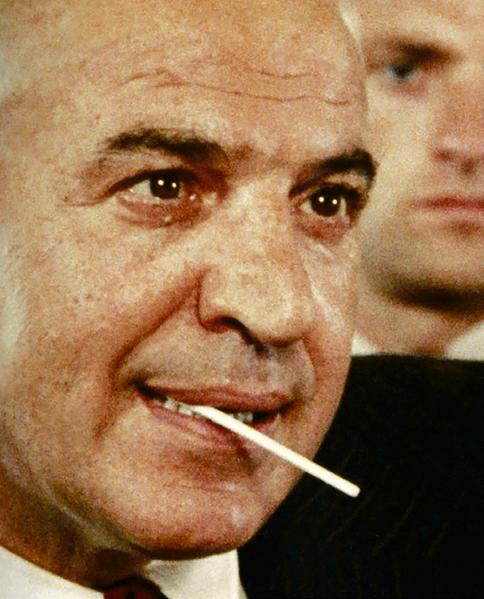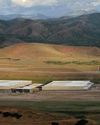Try GOLD - Free
Kojak cracks the covid case
The Light
|Issue 39: November 2023
Apply detective methods to solve pandemic riddle

IF the cold case of prior pandemics landed on the desk of a detective like Kojak, he would first review all the evidence collected at the time.
He would instruct forensic teams to look at autopsy and toxicology reports and, if necessary, exhume bodies.
He would also look at aerial photography, cell tower data, paramedic reports and profiling analysis.
And he would bring in experts that could shed light on alternative theories as to what caused such apparent sickness that spread so rapidly. He would identify any suppressed or missing evidence.
Was it missing for a reason? Was there a conflict of interest? Were those who gained compromised, bribed, threatened or were they instigators of the events? If a pathogen is spread from person to person, there must be a patient zero who then passes their illness on to ten other people, and so on. But how did patient zero become ill? Not from another person, otherwise they wouldn't be patient zero.
Patient zero could have become ill from stress, or through exposure to multiple sources of toxins, whether in the air, water or food. Likewise, so could everybody else become ill from those same toxins. The person-toperson contagion theory has survived because it doesn't seem counterintuitive to surmise that people getting sick or showing similar symptoms of an apparent illness, in the same geographical location, 'caught' it from each other.
But they are also drinking from the same water supply, breathing the same air, predominantly using the same food sources and are exposed to the same radiation and toxins from industry, and common geographical stressors.
This story is from the Issue 39: November 2023 edition of The Light.
Subscribe to Magzter GOLD to access thousands of curated premium stories, and 10,000+ magazines and newspapers.
Already a subscriber? Sign In
MORE STORIES FROM The Light

The Light
Why do we trust the political class?
IT began, as most national embarrassments do, with good intentions and a graph. Gordon Brown, that high priest of responsible arithmetic, decided around the turn of the millennium that Britain owned too much shiny metal and not enough moral superiority.
4 mins
Issue 63, 2025

The Light
Dilemma of conflicting 'rights'
No community should violate the freedoms of a minority
4 mins
Issue 63, 2025

The Light
The ritual execution of Princess Diana
ON 31st August 1997, Princess Diana died in a car crash in Paris's Pont de l'Alma tunnel. Official accounts are contradictory and simple research points to a long-running conspiracy.
4 mins
Issue 63, 2025

The Light
Sugar industry's fluoride 'solution'
Researchers tasked with sweetening tooth decay problem
4 mins
Issue 63, 2025

The Light
Trump's colonial plan
U.S. takes Gaza, and Israel takes the West Bank
5 mins
Issue 63, 2025

The Light
All that glitters is not gold
Precious metal value boosted by economic turmoil
3 mins
Issue 63, 2025

The Light
End of the road is serfdom
Who controls the public mind? Economist warned of path to totalitarian oppression
4 mins
Issue 63, 2025

The Light
Pushback against vast data centres
Communities in U.S. rally to repel Big Tech planning bids
4 mins
Issue 63, 2025

The Light
Water: Much more than we think
Gel-like state could be key to health and consciousness
2 mins
Issue 63, 2025
The Light
Discover the formidable legal shields safeguarding your rights
The UK constitution isn't a single book; it's a living arsenal forged across centuries in charters, conventions, and court rulings.
2 mins
Issue 63, 2025
Translate
Change font size

